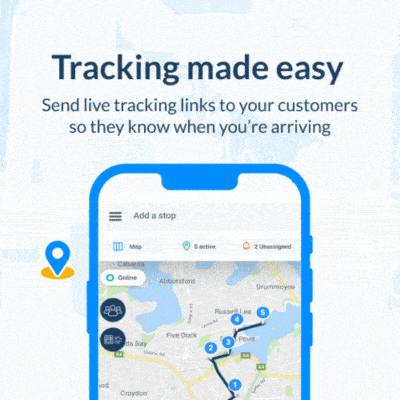Trust is the cornerstone of online shopping and retail, and e-sellers need to find a way to build and protect that trust. This is all the more evident in the realm of social commerce and online marketplaces.
Chubb E-Consumer Report for 2024, titled ‘Crossing the e-Commerce Trust Divide,’ unveils consumers’ and retailers’ biggest e-commerce challenges. The report shows how trust, delivery, and quality shape social commerce.
The digital revolution brought sites like Amazon and Etsy to the forefront. It also brought the issue of trust “front and center in ways retail has never experienced,” the report states. “Safeguarding that […] means understanding where trust breaks down, and how to address these weak spots.”
Consumer trust in social commerce
According to the Worldwide E-Commerce Forecast for 2023, the market is expected
to grow by 38% to about $8 trillion in 2027. It’s clear then that the stakes are higher than ever. The forecast for social commerce looks just as good.
MORE HERE: Social commerce: Navigating a $1.6 trillion trend
The main findings of the report include:
- Consumers trust social media marketplaces more than other e-commerce platforms.
- Trust in social commerce is not limited to generation or gender.
- Latin American shoppers are leading the charge.
- End-to-end shopping is the way forward.
Approximately 85% of respondents trust marketplaces like Facebook and Instagram, while 70% trust brick-and-mortar stores. Only 48% trust standard e-commerce platforms.
Retailers don’t trust social marketplaces
E-sellers, however, painted a different picture. While 81% sell their products on social media marketplaces, their trust fades when it comes to inventory management, shipping, and payment processing.
As per the report: “E-sellers have greater trust in the back-end functions of e-commerce platforms (sometimes even more trust than in their own dedicated sites), especially when it comes to managing and tracking inventory and payment processing.”
Shipping was cited as a major headache for retailers, with 70% saying their products were not delivered in good condition. Only 54% complained about this issue on traditional e-commerce platforms.
Retailers also want more control over the delivery process. Some 65% raised this issue during the survey, while 60% said they were concerned about the lack of control over the state of their products when delivered to customers.
Top consumer and trader concerns
However, both sides were concerned about financial fraud and payment glitches. Financial fraud includes “everything from failure to receive goods or services to losses incurred during the payment process,” Chubb says.
For shoppers, 75% have experienced financial fraud. In addition, 61% experienced delivery delays, while 55% experienced payment glitches during checkout.
Retailers’ fears about delivery hassles were confirmed, with 42% of shoppers saying they “frequently received damaged items.”
ALSO READ: Parcel returns cost UK retailers a hefty $76 billion per year
Social commerce trust solutions
When it comes to combatting financial fraud, several solutions are in place to assist both shoppers and sellers. Retailers must understand that data protection and cybersecurity measures are vital while adhering to privacy regulations.
Chubb suggests keeping your security software and data encryption up to date, as well as maintaining your website’s SLL certificates, and only using secure payment gateways.
The report states: “On top of all this, a layer of transaction protection can help assure compensation for any losses that occur along the way.”
Digital insurance protection can also go a long way to cover losses due to fraud, wayward shipments, or stolen goods.
Consumers’ preferred forms of online insurance include:
- 88% – valuable articles protections.
- 82% – product defects warranty.
- 82% – item protection for phones, gadgets, and appliances.
- 80% – Delivery damage protection.
- 79% – Personal online cyber protection.
- 68% – Returns assistance.
Thus, working insurance into e-commerce transactions builds consumer trust, while protection from payment glitches and fraud benefits the retailer.
Share this article
About the author
Cheryl has contributed to various international publications, with a fervor for data and technology. She explores the intersection of emerging tech trends with logistics, focusing on how digital innovations are reshaping industries on a global scale. When she's not dissecting the latest developments in AI-driven innovation and digital solutions, Cheryl can be found gaming, kickboxing, or navigating the novel niches of consumer gadgetry.













